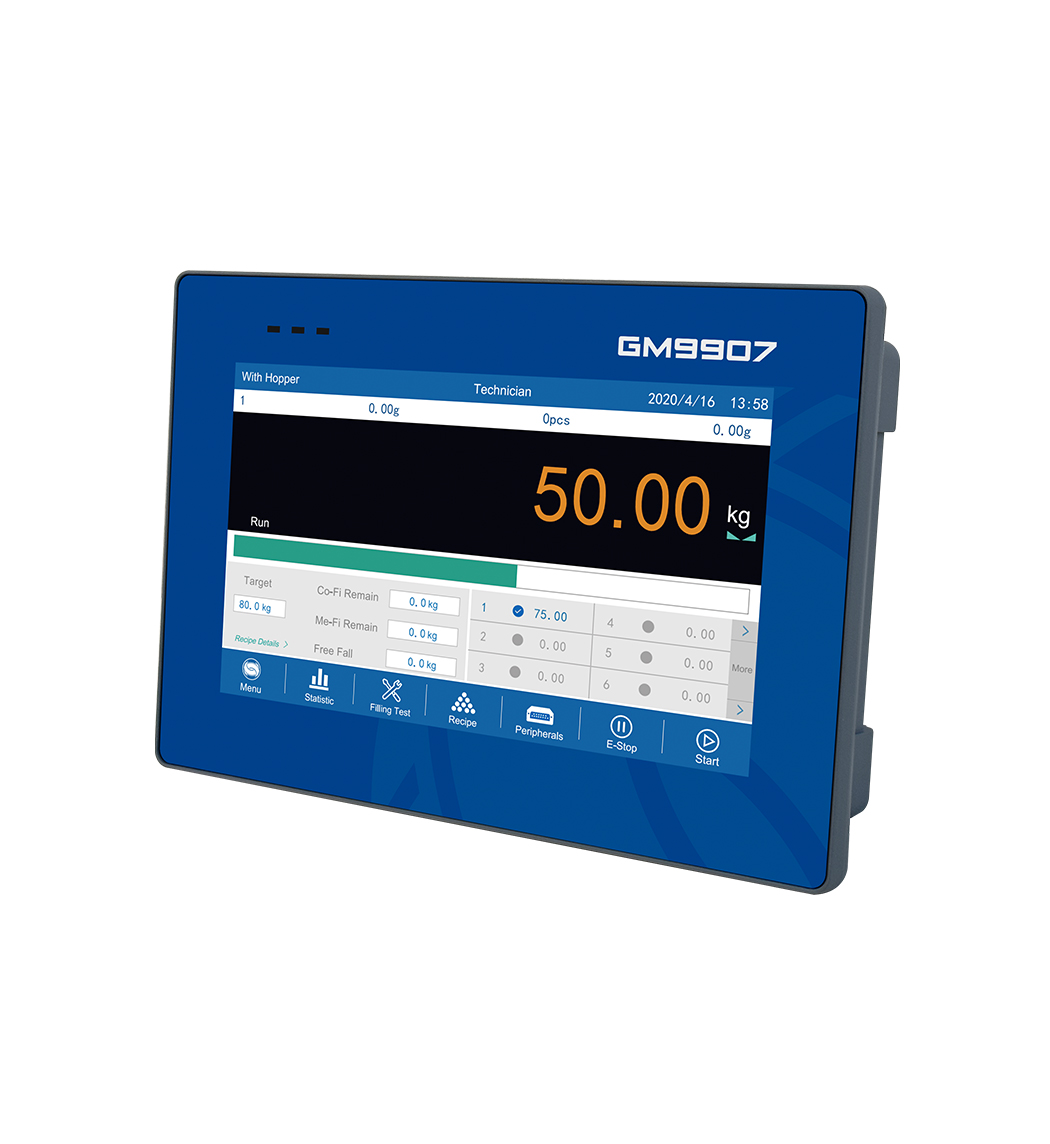Weighing Controller for Bulk Scale: Enhancing Precision in Industrial Weighing
https://www.apsense.com/user/generalmeasureusa
In industrial settings, precision and efficiency are crucial. One of the essential tools for achieving accurate weight measurements in bulk material handling is a weighing controller for bulk scale. These controllers work alongside weighing scale indicators and linear feeder machines to ensure smooth operations. Whether in food processing, manufacturing, or logistics, a reliable weigh controller plays a vital role in maintaining accuracy and consistency.
What Is a Weighing Controller for Bulk Scale?
A weighing controller for bulk scale is an advanced device designed to monitor, control, and manage weight-based processes in large-scale industries. It ensures that bulk materials are weighed correctly, preventing errors that could lead to material loss, regulatory issues, or financial discrepancies. These controllers are used in various applications, including batching, filling, and material handling.
Key Features of a Weighing Controller for Bulk Scale
- High Precision Measurement: Ensures accurate weight calculation, reducing errors.
- Fast Processing Speed: Provides real-time weight readings for efficient operations.
- User-Friendly Interface: Easy-to-read displays and control settings for better usability.
- Connectivity Options: Supports multiple interfaces such as RS232, RS485, and Ethernet for seamless integration.
- Multi-Functionality: Suitable for batch weighing, filling, and continuous weighing processes.
The Role of a Weigh Controller in Industrial Applications
A weigh controller is essential for managing weight data and ensuring process automation. It helps regulate bulk material flow in different industrial applications, enhancing operational efficiency. Key industries that rely on weigh controllers include:
- Food Processing: Used in ingredient weighing, batching, and packaging.
- Agriculture: Ensures accurate feed measurement for livestock.
- Manufacturing: Supports precise material handling in production lines.
- Pharmaceuticals: Maintains exact ingredient measurements for drug manufacturing.
Understanding Weighing Scale Indicators
Weighing scale indicators are devices that display weight readings from load cells. These indicators are essential for interpreting weight data in real-time. They come with various features such as:
- Digital and analog displays
- Connectivity to computers and PLC systems
- Tare, zero, and calibration functions
- High-precision weight measurement
The Importance of Linear Feeder Machines in Weighing Systems
A linear feeder machine is used in conjunction with a weigh controller to facilitate smooth material flow in industrial weighing systems. It ensures consistent material feeding, preventing overload or underfeeding. These machines are widely used in automated weighing and packaging systems to maintain accuracy.
How to Choose the Best Weigh Controller for Your Needs
When selecting a weighing controller for bulk scale, consider the following:
- Accuracy: Look for high-precision controllers to minimize errors.
- Compatibility: Ensure it integrates well with your existing weighing scale indicators and linear feeder machines.
- User Interface: Choose a device with an easy-to-use display and control system.
- Durability: Industrial-grade controllers should withstand harsh environments.
- Connectivity: Opt for controllers with advanced communication options for seamless data transfer.
Conclusion
A weighing controller for bulk scale is an indispensable tool in industrial weighing applications. When combined with weighing scale indicators and linear feeder machines, it enhances efficiency, accuracy, and automation. Investing in the right weigh controller ensures smooth operations, reduces waste, and improves overall productivity.



Comments
Post a Comment